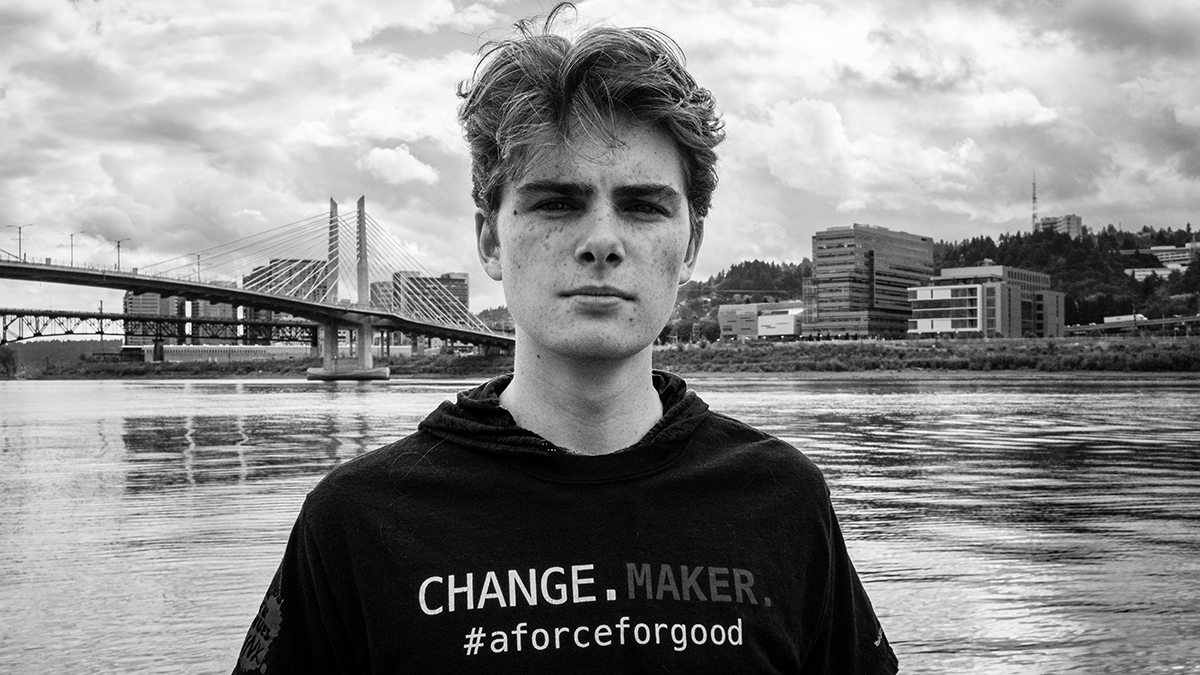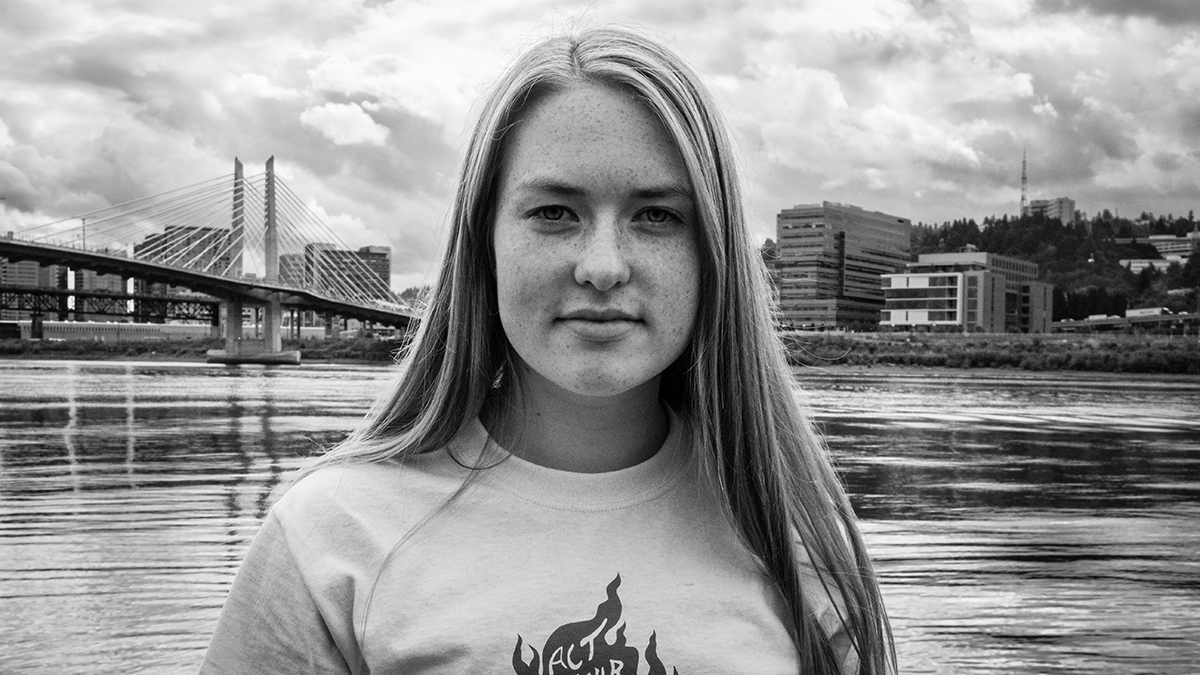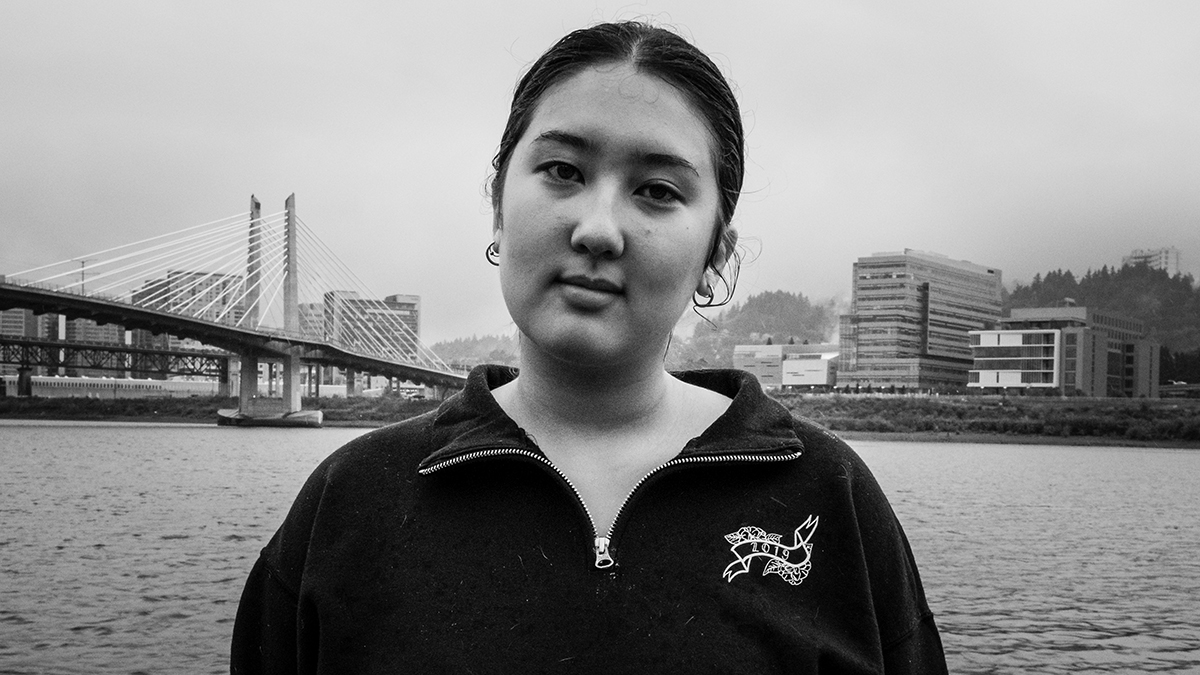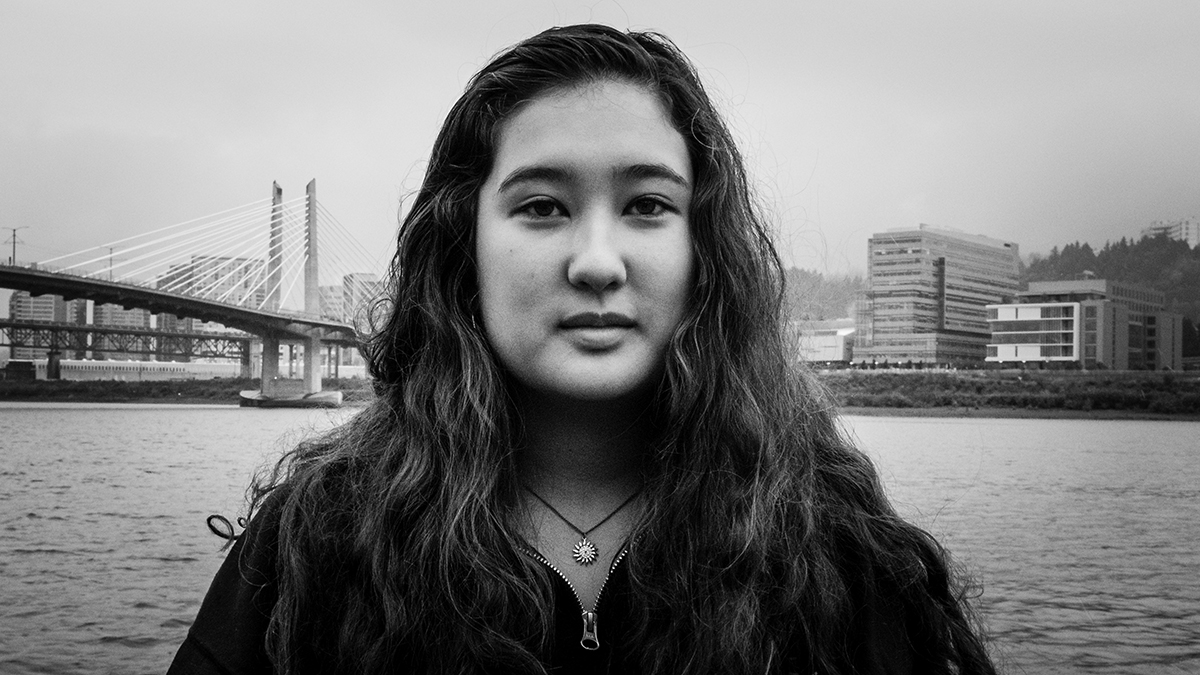Youths around the world walked out of school on Friday, Sept. 20, demanding that their governments take bold and appropriate action to address the climate crisis. An estimated 4 million people participated in thousands of climate protests in more than 150 nations worldwide.
Friday’s massive youth-led global strikes mark the largest collective climate protest in history and the formal beginning of a week of coordinated actions around the world by numerous environmental and social justice organizations.
Young adults have grasped the forefront of the climate movement in direct response to a lack of significant, meaningful action by adult leadership in addressing the climate crisis. Leading U.N. scientists last year reported that just 12 years exist to avert global climate catastrophe and that the future of today’s youths is at stake in the most real and visceral sense possible for them.
Greta Thunberg, the prominent 16-year-old Swedish climate activist, bluntly summarizes their inaction: “You are not mature enough to tell it like it is,” she told the United Nations on Sept. 23. “Even that burden you leave to us children. You say you love your children above all else, and yet you are stealing their future in front of their very eyes.”
Portland youths have assumed a leadership role in the climate movement locally. In addition to organizing Friday’s Climate Strike, Portland youths have set forth formal direct demands for Portland’s adult leadership: Establish a climate test so that every decision made by the city of Portland takes into account the impact on the planet; formally declare a climate emergency; fund free TriMet passes to all high school students in Portland; and deny permits for the Zenith tar sands oil terminal.
During the Sept. 20 Climate Strike, I met with five teenagers at the forefront of Portland’s climate movement. Yena and Lana Perice, Ella Shriner, Jackson Calhoun, and Jaden Winn talked to me about sacrifice and activism.
What sacrifices do you make for your activism?
Jaden Winn, a 16 year-old at Wilson High, put it most explicitly. “It doesn’t feel like any of this is a sacrifice. I love doing this. It is something that I am really passionate about, so when I am in it, it doesn’t feel like hard work or sacrifice.”

Jackson Calhoun, a 15 year-old at Rex Putnam High, recognizes the significant amount of personal emotional and physical energy it takes in devoting so much of his time to the climate movement, while simultaneously noting that “there are others much more affected (by the climate crisis) who sacrifice much more than I do.”

Ella Shriner, a 17-year-old at Grant High School, echoes the “emotional toll it takes to keep showing up. It’s frustrating.”

Yena Perice, a 16 year-old at Cleveland High, thinks of her not-too-distant future sacrifices if the climate crisis is not abated. “I won’t have kids. I cannot morally bring a child into the world” to bear that burden. Lana Perice, her twin sister, bluntly admits that she would have difficulty living with herself if she wasn’t fighting for a better world. For all five, sacrifice has meant significant time away from family, friends and what should be normal, everyday high school activities.

Feelings of exhaustion, hopelessness, frustration, desperation and doubt are common on difficult days.
“What if all my work isn’t for anything?” asked Yena. “What if I don’t have a future?”

Lana describes feeling at times like she is “reaching for anything to keep (herself) afloat.” Jackson, Ella and Jaden are quick to point to the positive aspects of sacrifice. “On good days, it’s rewarding.” Ella’s reward comes from sharing a message that empowers others to empower themselves in the face of the inherently daunting climate crisis. For Jaden, sacrifice means action which forces honest self-reflection. Being able to intimately connect with himself and his work within the climate movement “keeps me going, and makes it worth it.”
Do the (potential) negative consequences of your activism frighten you, deter you or make you question or doubt what you are doing?
“There are a wide range of negative consequences,” said Jaden, “from I didn’t get enough sleep last night to I am sitting in jail.” To Jaden, “negative consequences are part of being an activist.”
Jackson reports that some of his activist friends have received death threats online. Thoughts of death threats and arrest clearly and understandably frighten him. “I am not prepared for that – at least at this time.” Both Ella and Yena are acutely aware of the potentially negative consequences.
For Ella, not acting to halt climate changes most certainly ensures no future, and the possibility of facing harsher, negative consequences is worth her future. Yena’s response mirrors that of Ella.
“In the end, am I gonna choose fighting for my future or worrying about my future?” Yena said. She also notes that the success of the climate movement does not require everyone within the movement to expose themselves to these potential harsher negative consequences. That expectation is neither realistic nor helpful in building a unified mass movement. “You don’t need to get arrested to make an impact,” she said.
Both Lana and Yena are keenly aware that privilege affords them with the ability to better withstand these harsher consequences. “We are privileged. If we have to face those consequences, so be it,” Lana said.
What is the one thing that most motivates you to action within the climate movement?”
For Jackson, it is simply a matter of morality and necessity. “I know it’s the right thing to do, and what is needed,” he said.
For Yena, the climate crisis is a painful issue that has been hanging over her life ever since she can remember.
“I don’t want to live a life like that,” she said. It is her desire for an end to that pain that motivates her to act. As a twin sibling, it is not surprising that Lana’s explicit and unwavering motivation is her sister Yena. Having spent significant time traveling and in nature, Ella is motivated by the inherent “beauty that this Earth holds.”
Jaden’s privilege motivates him to act, especially on behalf of those in vulnerable frontline communities most affected by climate change. “The requirement of that is that you have to be using that privilege to help people who don’t have that same amount of privilege.”
What do you want to say to the adults?
“This was not supposed to be our burden to bear,” said Lana.
“This was forced upon us,” Yena said.
To the adults who are critical of school striking specifically, Jaden emphasizes that, “We are not walking out of schools because we don’t want an education. We are walking out of schools to make sure that we have the opportunity to have an education.
“We are out here (striking) today to make sure we have the opportunity to grow up.”
Jackson said that if adults actually started acting in a meaningful and appropriate way to address the climate crisis, “then we would totally go to school. We are not going to go to school until you (adults) start.”
Jackson and Ella do not see this in any way as a fight between youth and adults. “We are not against adults. We are calling for adults to be with us,” Jackson implores. This fight for a sustainable future will demand “adults and youths working together,” Ella said.



